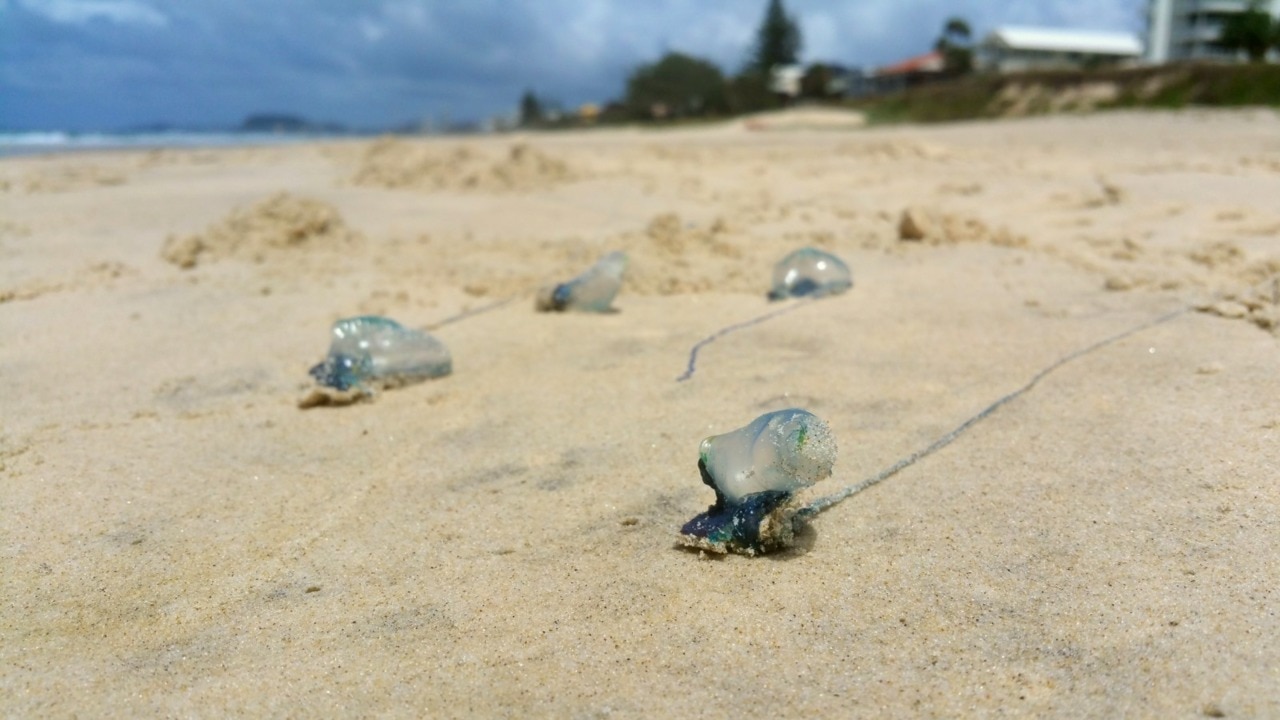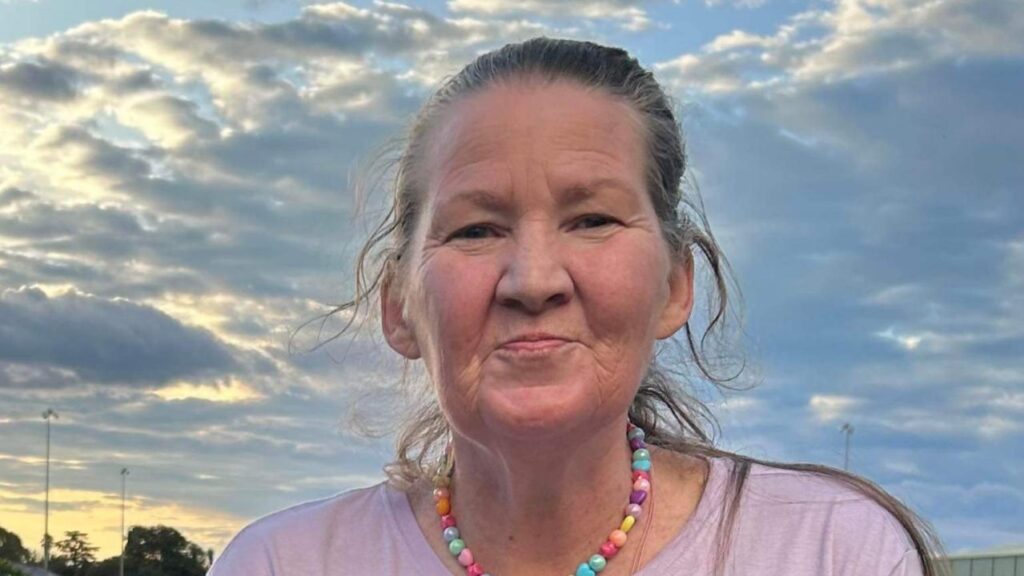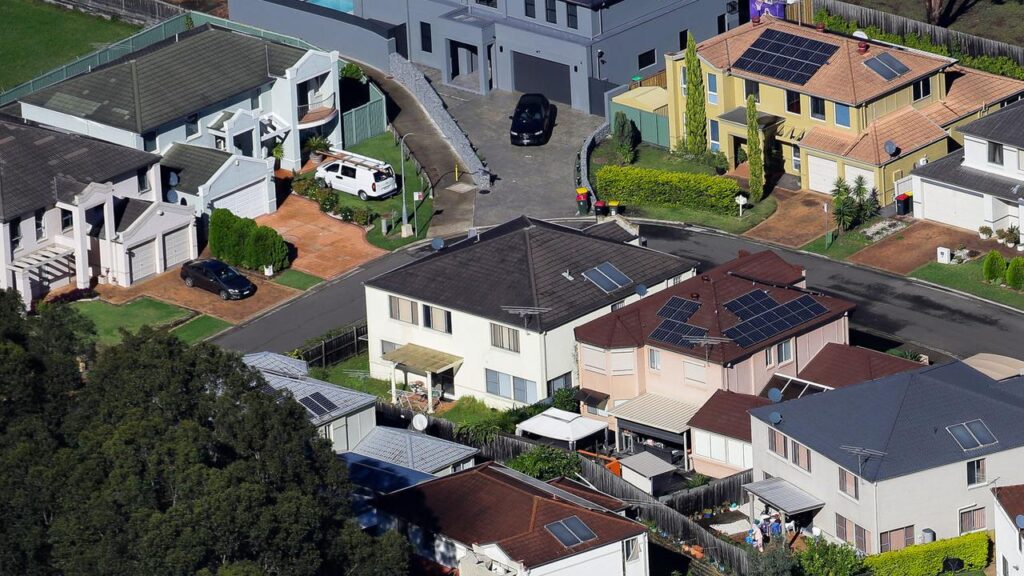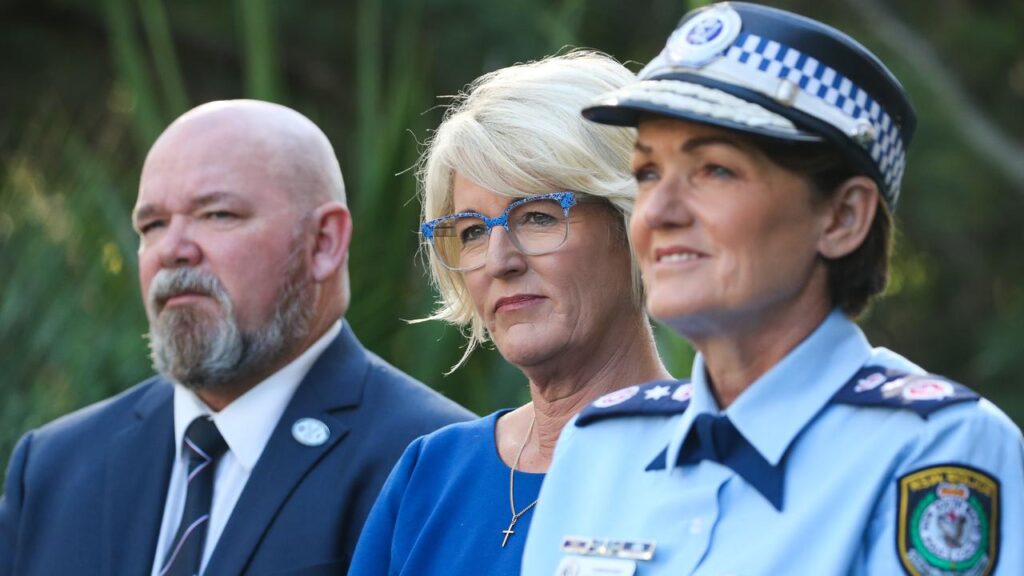Jellyfish ‘invasion’ hits major city beach
Written by admin on October 31, 2024
A major eastern Sydney beach has been hit with an “invasion” of bluebottles.
Hundreds of the poisonous stingers washed up on Bronte Beach on Wednesday, putting swimmers at risk of painful stings.
Bronte Beach lies just south of world-famous Bondi Beach and north of Coogee Beach.
Bluebottles, a common sight across Australia’s east coast, are not deadly to humans but their sting is painful.
In a statement, Waverley Council said it would clean up the beach across Thursday night.
“Bluebottles come ashore frequently in the warmer months when there are prevailing onshore winds and are deposited on the beach at high tide,” the spokesman said.
“This has been particularly noticeable this week at the southern end of Bronte Beach which is exposed to north-easterly winds.
“Council undertakes regular beach cleaning which will take place tonight with a further inspection and clean up tomorrow morning if required.”
“Bluebottles aren’t a single animal,” UNSW researchers Amandine Schaeffer and Jasmin C Lawes said in 2022.
“They’re a floating colony of individual organisms, each variously responsible for reproducing, capturing or digesting food and catching the wind.
“The bluebottle’s long, trailing tentacles are designed to sting prey and creatures they feel threatened by, including humans.”
The bluebottle swarm comes just days Coogee Beach was closed when hundreds of mysterious black balls washed up on the shores.
More Coverage
Randwick Council closed the beach while it investigated the material, and concluded the balls were a hydrocarbon-based pollutant “consistent with the makeup of tar balls”.
A ship or small run-off was likely the cause of the oil or tar entering the water, but there would need to be “a lot more evidence” to suggest any sort of large scale oil spill, Humane Society International marine biologist Lawrence Chlebeck said.
Coogee and Bronte are both star Sydney beaches and tourist hotspots.
Read related topics:Sydney








